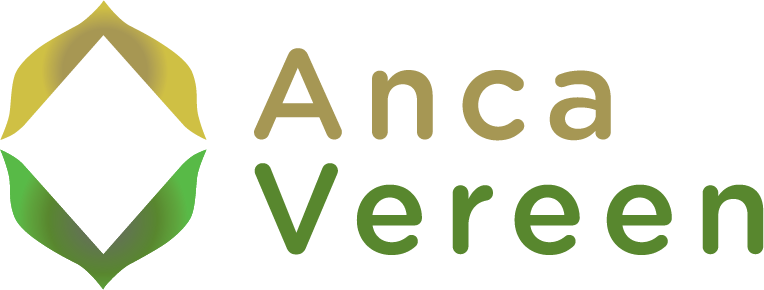Do you have leaky gut?
Do you know if you have leaky gut?

Have you heard of Leaky Gut Syndrome but don’t quite know what to make of it? It's something I often find that many of my clients feel confused about.
Let me unpack this topic on leaky gut and provide you with some tips on how to manage it.
What is a leaky gut?
When you eat food, it enters your mouth, travels to your stomach, and enters the small intestine after it has been liquified.
Here nutrients get absorbed into your blood stream and get delivered to your cells for energy production and other functions. Your gut wall is naturally permeable (i.e. substances can pass through it) to allow for absorption of water, minerals and nutrients, a function that is regulated by tight junctions.
Leaky gut, or intestinal permeability, is a measure of the barrier function of the gut. The more permeable this barrier the more substances can pass through to the blood stream which can trigger an overactive immune response, and for those with vulnerable genetics, autoimmunity. This is something that we want to avoid as the implications can be serious for your health.
Common triggers of a leaky gut can include:
• Stress, sleep deprivation and being sedentary
• Poor diet and certain dietary proteins
• Alcohol and smoking
• Toxins and chemicals
• Bacterial infections
Leaky gut can have serious implications for your gut health and overall health. This has been associated with autoimmune diseases (lupus, MS, arthritis, coeliac, Type 1 diabetes), inflammatory bowel disease (Chron’s and Ulcerative Colitis), depression, chronic fatigue, asthma, eczema, dermatitis, sore and inflamed joints and food intolerances and allergies.
What to do about a leaky gut
Leaky gut is a complex condition which requires assistance from a dietitian who specialises in this complex area. While the below recommendations can help reduce symptoms, these need to be used in combination with lifestyle and dietary modification as well as adding certain nutrients that can help repair gut lining, enhance digestive function and reduce inflammation.
This process can be lengthy and requires supervision to keep your gut functioning optimally during the elimination phase and ensure best outcomes.
- Avoid gluten and dairy as these foods have been linked to cause/or exacerbate leaky gut. Additional foods to consider removing are corn, soy, vegetable oils, processed meats and sugar. Your dietitian will advise what other foods you may need to eliminate pending your presentation.
- Avoid coffee, alcohol and smoking. If you are serious about recovering your health this is a must.
- Ensure you read food labels thoroughly and avoid any added preservatives, additives, emulsifiers, sweeteners and colourings. Go for the ingredient list, as most claims on the front of the packet don’t guaranty quality of ingredients. If it doesn’t sound like food, then don’t eat it.
- Avoid eating in a stressed state. You are less likely to produce digestive enzymes and hydrochloric acid needed for proper digestion. Eat slow and chew your food thoroughly.
- Select organic foods. Pesticides sprayed on your food as well as hormones and antibiotics given to animals can have gut and systemic health implications as we consume these. Food quality is key for gut repair and long lasting health.
If you need help fixing your gut please contact Anca for a consultation.
Anca Vereen is an Accredited Practicisng Melbourne integrative dietitian, nutritionist, psychotherapist, breathing coach and nutrigenomics lecturer at Latrobe University who specialises in gut health.
You can book an appointment with Anca online.
To learn more please visit https://www.health.harvard.edu/blog/leaky-gut-what-is-it-and-what-does-it-mean-for-you-2017092212451



